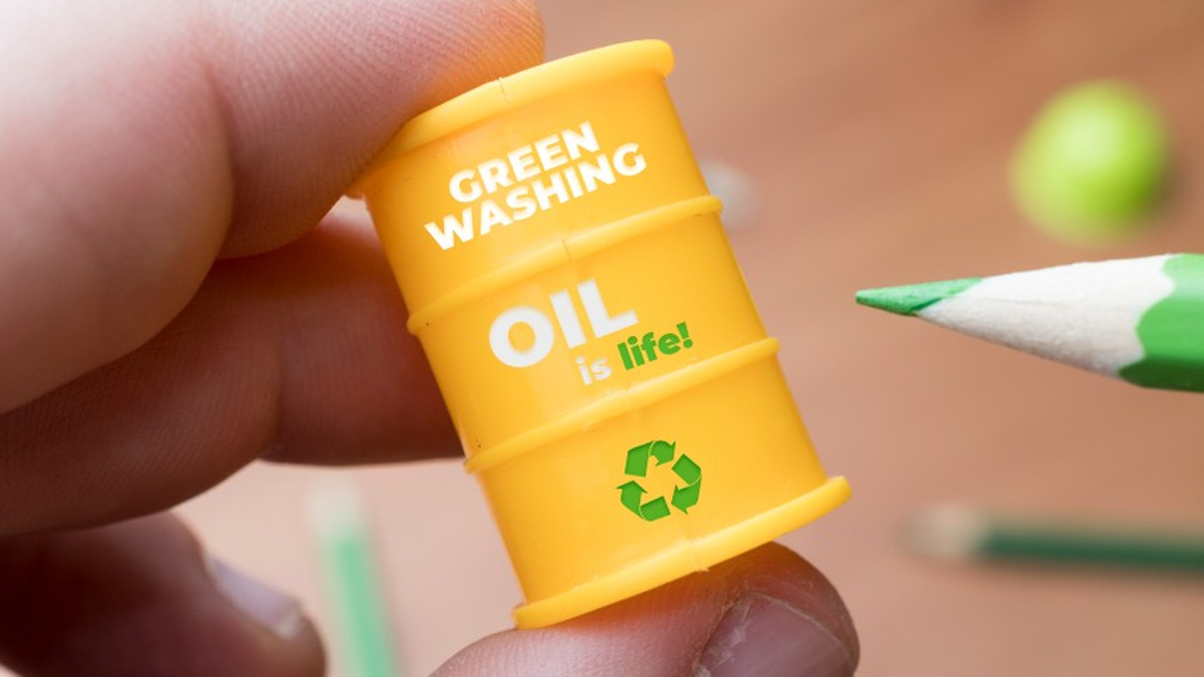Super funds back away from 'responsible investing' as greenwashing fears grow
Under pressure from new regulatory sanctions for greenwashing, Australia’s responsible investment market is shrinking.

Under pressure from super funds fearful of regulatory sanctions for greenwashing, Australia’s responsible investment market is shrinking.
Sign in to read on!
Registered users get 2 free articles in 30 days.
Subscribers have full unlimited access to AsianInvestor
Not signed up? New users get 2 free articles per month, plus a 7-day unlimited free trial.
¬ Haymarket Media Limited. All rights reserved.


